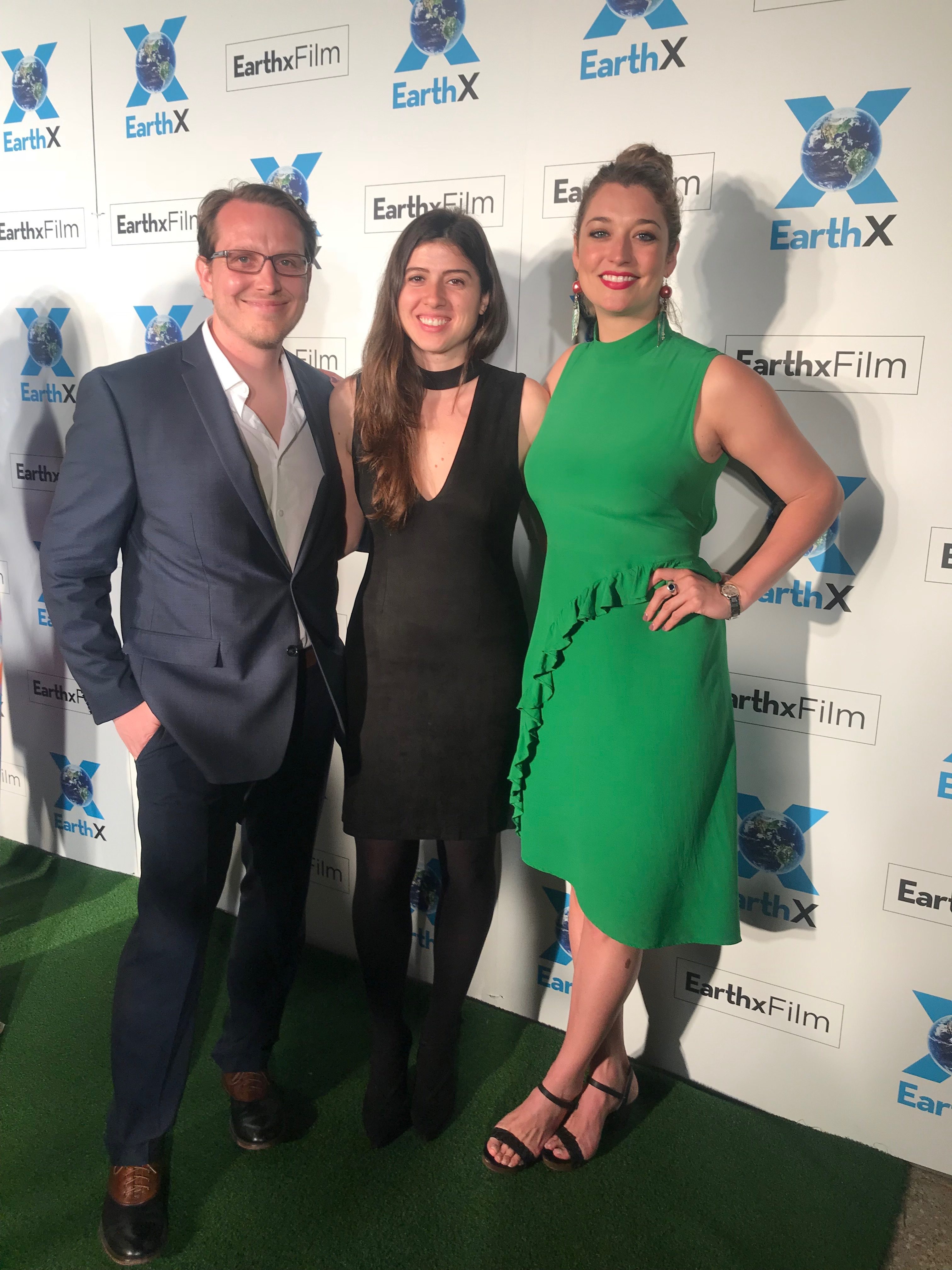
Up until a year ago, the film festival universe was a mystery to me. Sure, I’d heard of Sundance and Cannes, but I didn’t understand the scope and purpose of these events. When my latest memoir was adapted into a short documentary, however, I was thrust into the film festival circuit—the word “circuit” being apt because the global expanse of festivals is a complex whirlwind. As a first-year attendee, here are some lessons I learned about what to expect at a film festival:
1) Plan Well in Advance
Regardless of the size and prestige of the festival you’re considering, confirm your attendance and start planning early. If you have a film showing at the festival, you’ll usually get some sort of benefit, like two or three free passes for your crew and a few discounted passes for friends and family. Be sure to account for everyone in your party during this process, since passes often sell out fast (or increase in price the later you purchase them). Festivals occasionally have housing options for filmmakers too, so be sure to inquire about this.
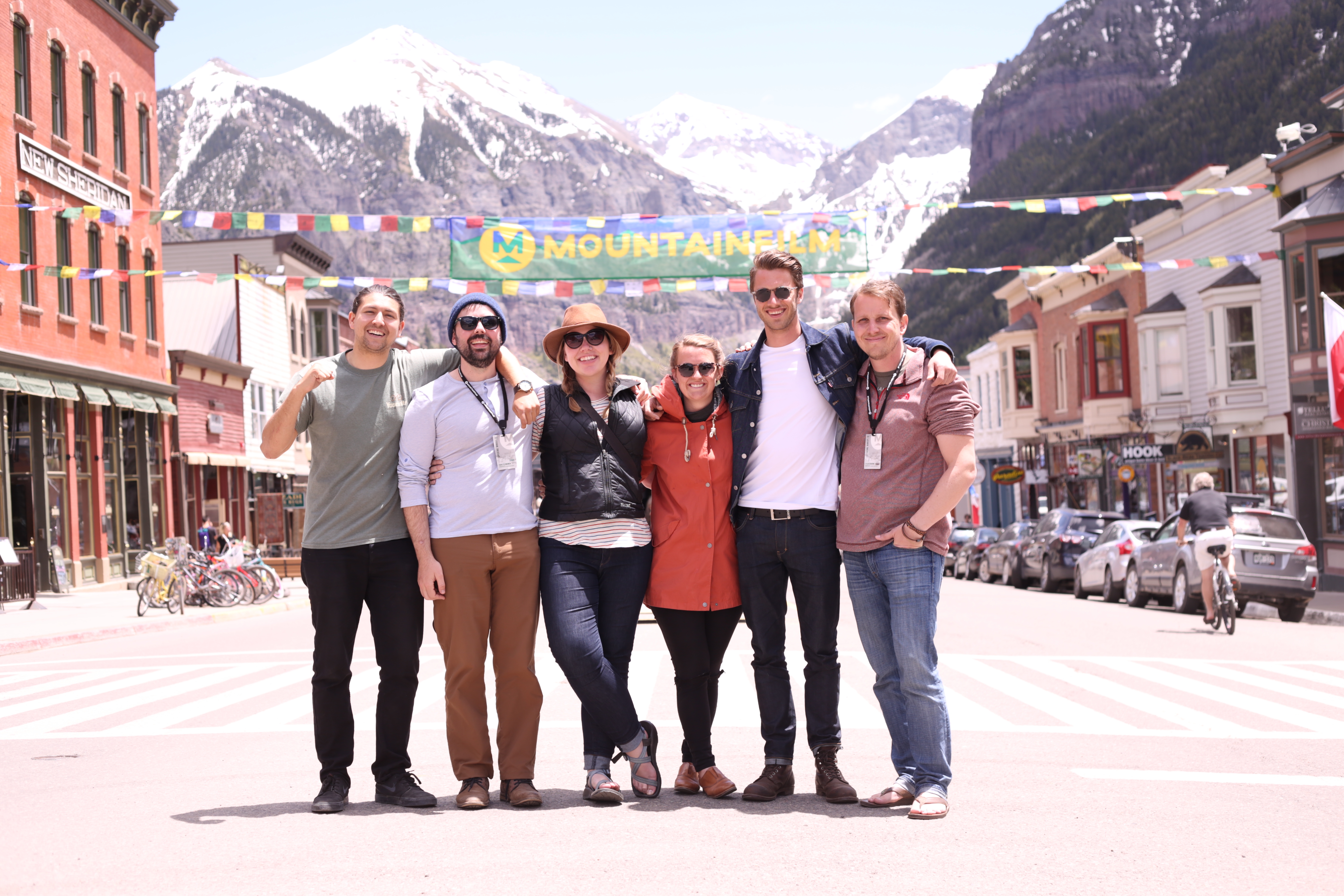
When the film director and I showed at the Port Townsend Film Festival (a smaller festival on Washington’s Olympic Peninsula), we were given housing with one of the town’s residents, who made us breakfast each morning and offered great recommendations on local attractions. This festival also had a filmmakers’ lounge that provided meals, further lowering our attendance costs. Bigger festivals won’t have as many amenities: while at the Telluride Mountainfilm Festival, a group of us (all former friends from a nonprofit organization) rented an Airbnb in the heart of the town, which allowed us to walk everywhere during the duration of the event.
2) Don’t Assume Everyone is Having the Same Experience
Although you’ll meet many engaging creatives and enjoy a wide variety of programming, it’s important to remember that everyone at film festivals arrives with a unique perspective on the experience. At Mountainfilm, my first festival, I was energetic, bright eyed, and awestruck, and I’d also just learned my film was coupled with another film that was produced in my hometown. I approached the other film’s crew with vigor, excited to be representing our region, only to find them tired, distant, and disengaged.
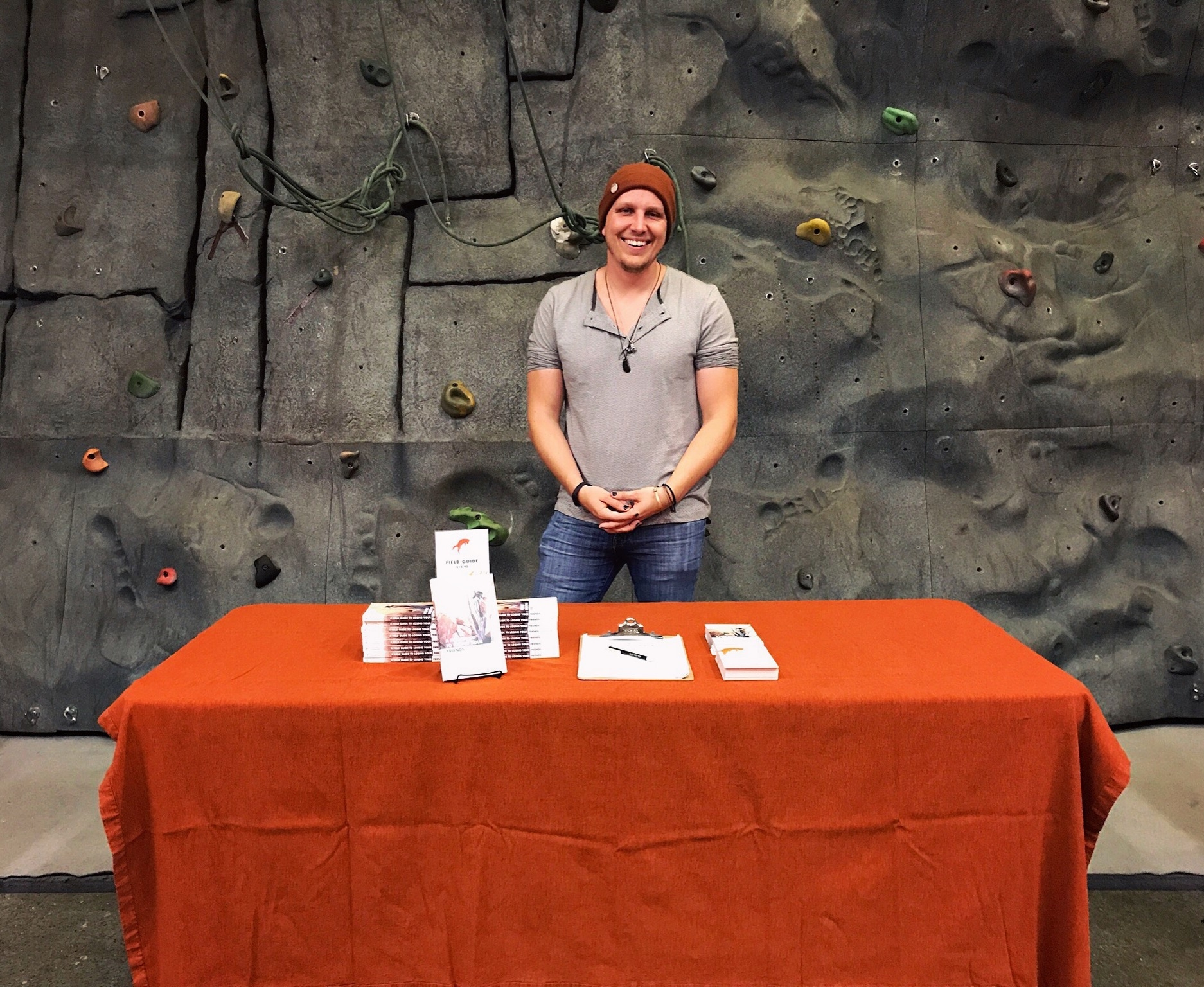
What I’d failed to account for was that my first festival was their tenth: They’d been on the road for months, under the pressure of trying to sell to a distributor, and meeting thousands of people—they didn’t have the capacity to rise to my fresh level of excitement. Don’t take these things personally: Some people have been attending festivals for decades, and some people won’t be looking to make friends. While your enthusiasm will always be appreciated—that’s what keeps festivals thriving—don’t forget to be sensitive to other’s energy levels.
3) Remain Professional
Since having your film accepted to a festival can feel like the ultimate reward after a long and arduous creative process, your natural inclination may be to treat the festival as a celebration party. It is this, yes, but remain professional. Showing your film at a festival is a career opportunity and needs to be treated as such: Don’t be the person who gets too drunk at the socials or who disrespectfully leaves in the middle of a film.
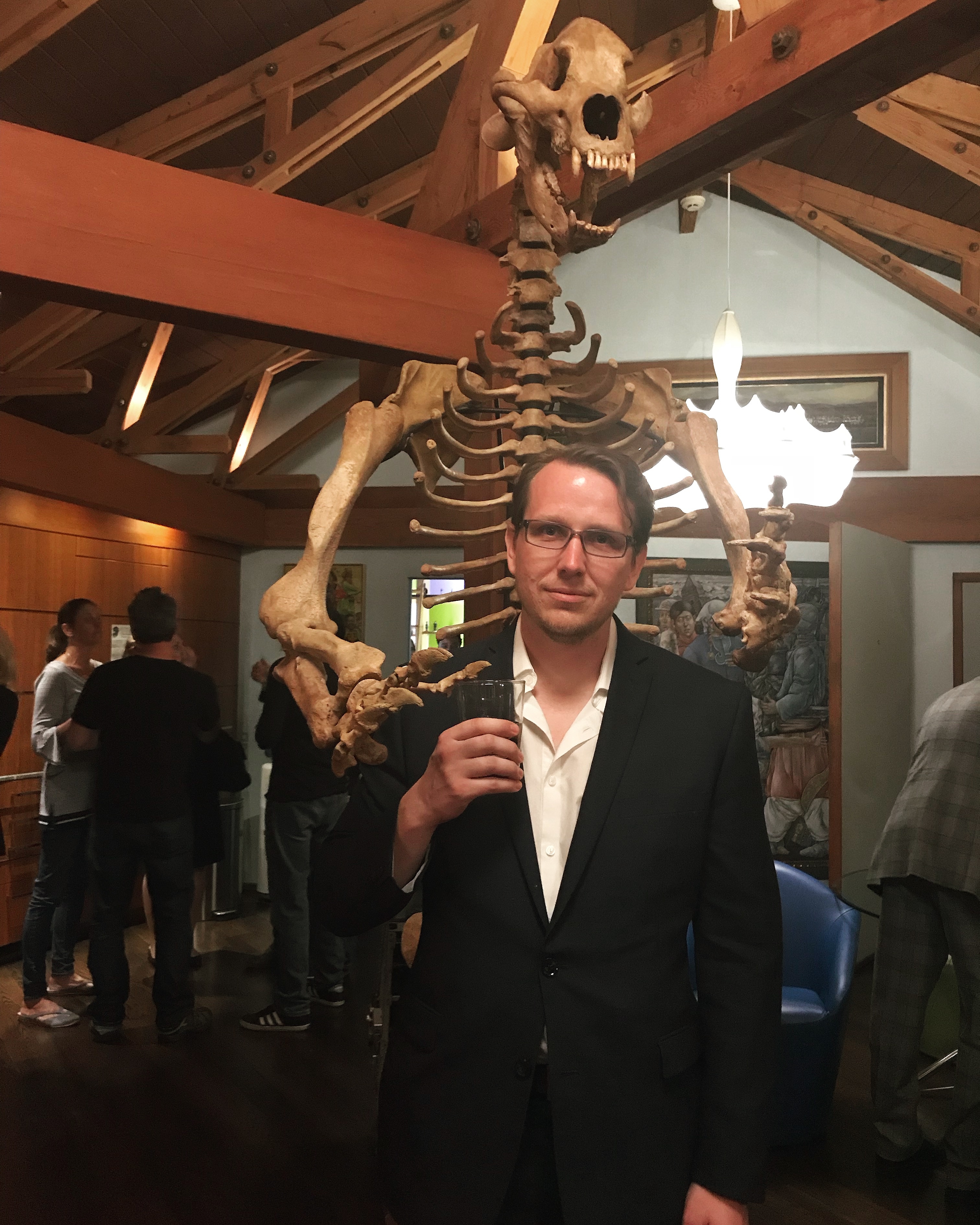
I had my own snafu right after an important screening, when a prominent national podcaster approached me in the lobby. As he asked for my information, I was overtaken by a horde of friends bombarding me with hugs. The podcaster got lost in the pack and never contacted me. These minor details matter because the relationships fostered at festivals will extend throughout your film career—make sure you leave a favorable impression. Carry business cards with you. Send follow-up emails expressing your gratitude at making someone’s acquittance.
4) You Can’t Do It All
Film festivals are chaotic, and if you don’t approach them with a thought-out plan, you could end up missing choice opportunities. Many people don’t realize that even with a festival pass, you still need a ticket for each film, and this can mean waiting in a line for over an hour before each showing. Study the festival’s schedule and highlight the films you want to see (there can be as many as 10 showing at the same time in different venues and you’ll have to choose just one).
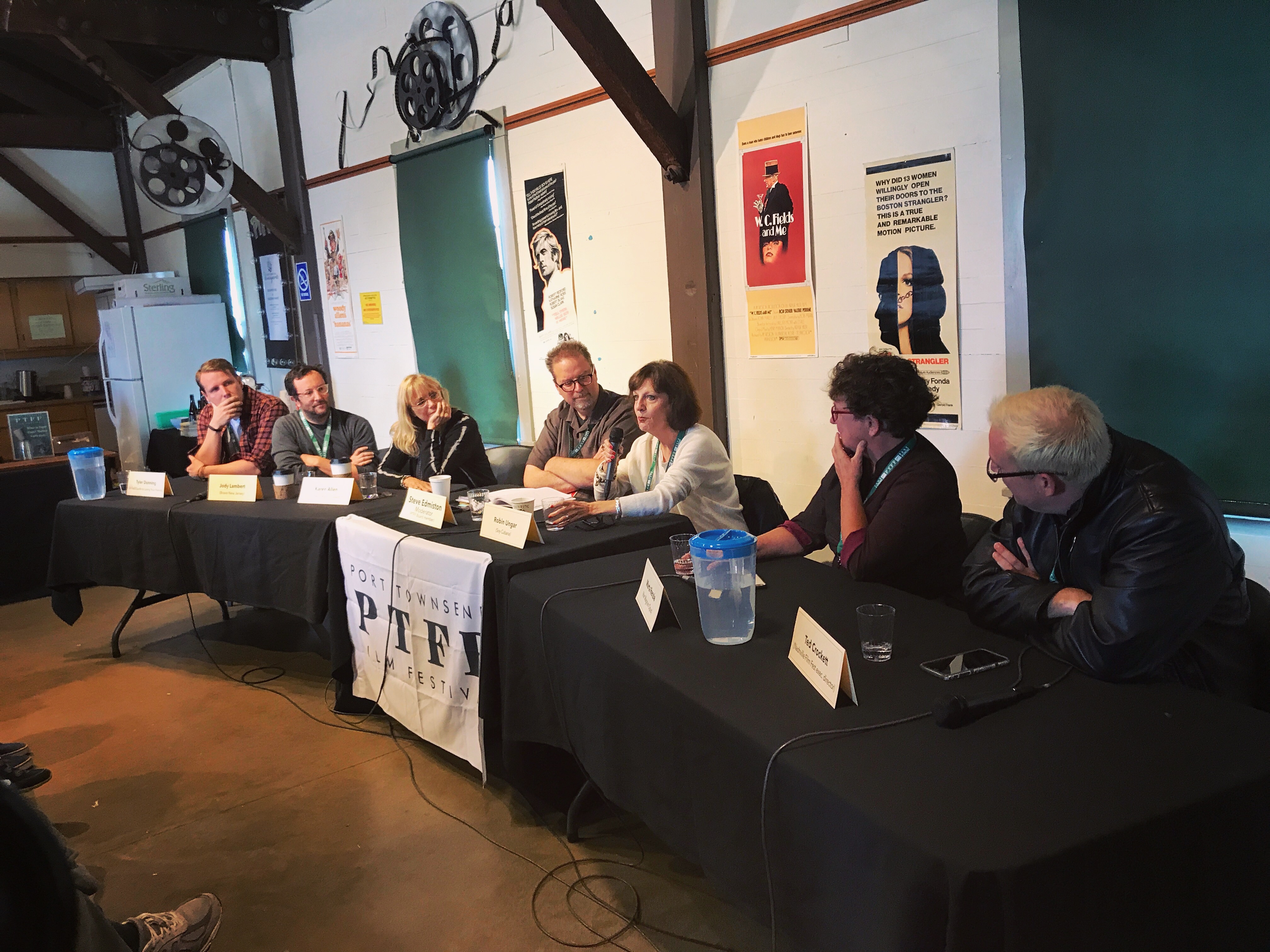
As a filmmaker, you may have an even more difficult time with this because of ascribed responsibilities. At Mountainfilm, I had two screenings, two Q&A sessions, a panel discussion, a book fair, and several interviews. Because of this, I missed most of the films—but since this is a professional endeavor for me, I don’t mind forgoing some of the fun. If you approach each festival knowing you won’t be able to participate in everything, you won’t leave with unfulfilled expectations.
5) Get Back to Work
Just as quickly as a film festival will come to fruition, it will also end. In its wake, you may experience an emotional hangover—all that hard work for a fleeting weekend of rewards. It’s important to remember that the social joys of a festival aren’t the end-goal of filmmaking—they’re simply an encouragement to keep putting in the long hours. So, once the festival buzz has ended (and you’ll know when it has), get back to work. Let your creations expand upon themselves, and once you’re ready to release your next film, those previously made connections will offer a wider support network and perhaps more future success.
**
All photos courtesy of author, in the following order:
1. With filmmakers Milica Zec and Alizé Carrère at EarthxFilm
2. With his Moutainfilm crew (left to right): Nathan Garcia, Chad Clendinen, Liz DeZeeuw, Spencer Taylor-Robins, Cole Crawford, and Tyler
3. Selling books at a film screening
4. EarthxFilm afterparty
5. On a storytelling panel at the Port Townsend Film Fest

